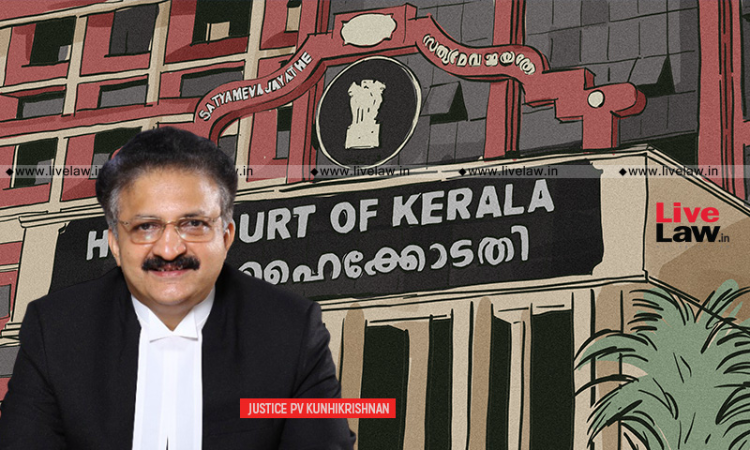'Jail Is Jail': Kerala High Court Asks State To Pay ₹2.5 Lakhs To Two Persons Falsely Implicated & Detained For Over 50 Days
Hannah M Varghese
5 April 2022 5:21 PM IST

The Court also asked the State to revisit the manner of search, seizure & investigation conducted in Abkari cases.
Next Story


